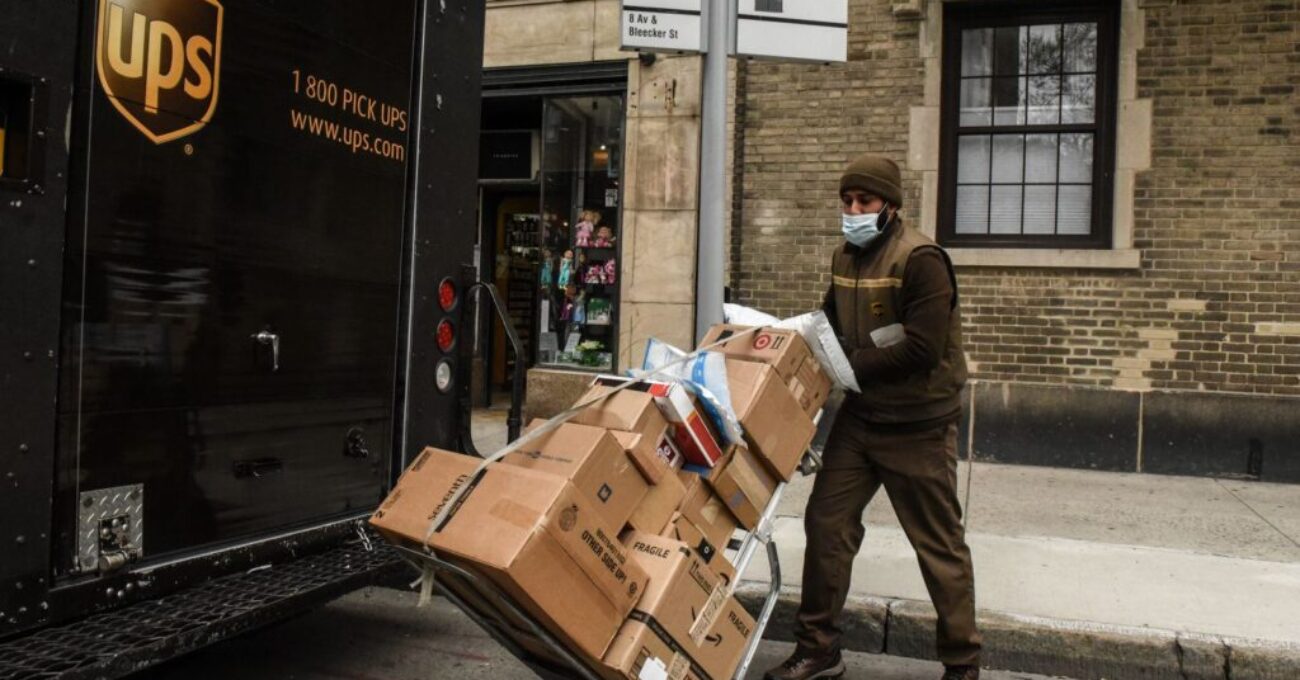A labor union representing 350,000 UPS workers could strike this summer if a new contract agreement isn’t reached on time, threatening the delivery of millions of parcels.
Teamsters leadership has made it clear they are taking a hard-line stance on pay, scheduling and other issues ahead of negotiations for a new labor contract with UPS. The current contract is set to expire July 31.
“Our union is resolved to win the best contract for UPS members and to reset the standards for wages and benefits in this industry by August 1, 2023,” Teamsters General President Sean O’Brien said in a statement last year. “We won’t extend negotiations by a single day.”
UPS, meanwhile, has stressed the need to reach an agreement, saying it aims to negotiate a contract that benefits all sides. The carrier has been touting its employee benefits and long-standing relationship with the Teamsters.
“Our focus is on reaching an agreement that provides a win-win-win, for our employees and the union, for UPS, and for our customers,” the company said in a statement.
Here’s what shippers need to know about the state of contract talks, the likelihood of a strike and how to prepare for any supply chain fallout.
Where do negotiations stand?
National contract negotiations don’t kick off until April, Teamsters spokesperson Kara Deniz said, but the Teamsters’ UPS National Screening Committee has been reviewing various proposals for what should be included in the Master Agreement.
Committee members sorted and compiled more than 11,000 proposals submitted by locals from across the country during a Jan. 9 meeting in Washington, D.C., according to a Teamsters news release. Five screening subcommittees also met to review proposals on areas such as safety and health.
“The screening of proposals will determine what will ultimately be put forth to the company when National Master Agreement negotiations begin,” the release said.
What are the top issues UPS and the Teamsters need to address?
The Teamsters union is largely looking to address scheduling issues that have cropped up since the COVID-19 pandemic fueled a surge in package volumes, Deniz said in an interview. Some drivers say that they continue to be forced into working a sixth day or taking “excessive overtime.”

